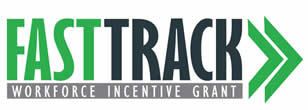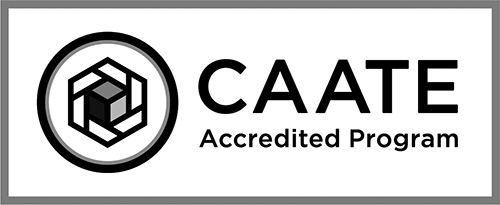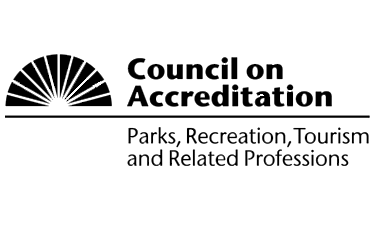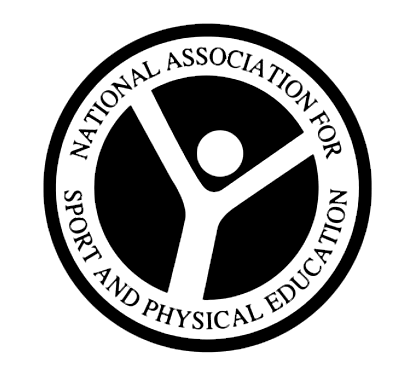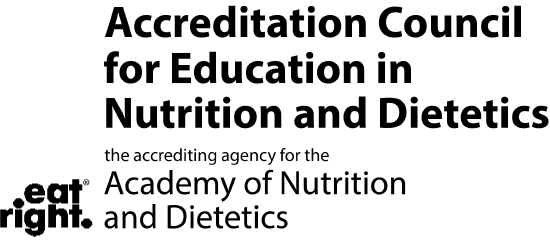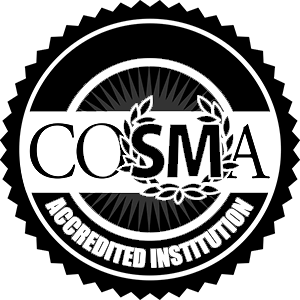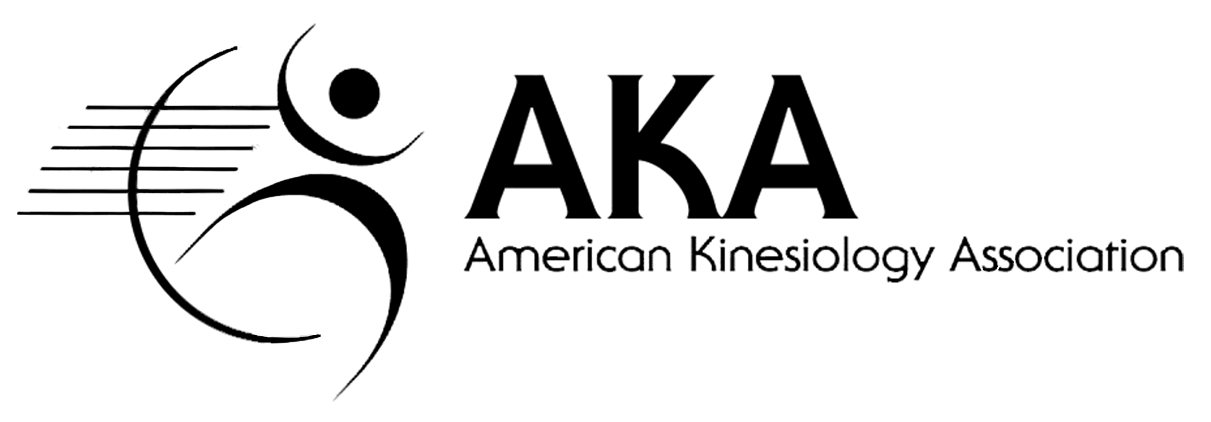Bachelor's Degree in Respiratory Therapy
Continue to main content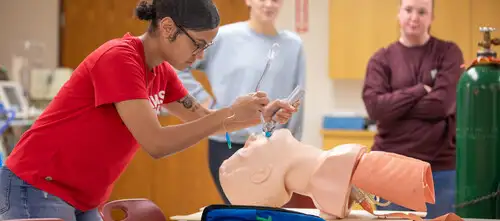
Respiratory Therapy Degree Map
Explore the courses you'll need to complete your degree
Respiratory Therapist Bachelor's Degree Salaries & Careers
-
$80k
Respiratory Therapist
According to the Bureau of Labor Statistics, the median annual salary for respiratory therapists is $80,450.
-
$94k
Outpatient Care Centers
According to the Bureau of Labor Statistics, the mean annual salary for a respiratory therapist working in a out patient care center is $93,710.
-
13%
Projected Employment Growth
According to the Bureau of Labor Statistics, employment of respiratory therapists is projected to grow 13 percent from 2022 to 2032, much faster than the average for all occupations.
Respiratory Program at Southeast Missouri State University Goals
- To prepare graduates with demonstrated competence in the cognitive (knowledge), psychomotor (skills), and affective (behavior) domains of respiratory care practice as performed by registered respiratory therapists (RRTs).
- To enable students to earn a Bachelor’s degree in Respiratory Therapy.
- Qualify graduates to set for current Advanced Level Respiratory Therapist Examinations provided by the National Board for Respiratory Care (NBRC) to earn the Registered Respiratory Therapist credential.
- To maintain an instructional program providing each student with the basic skills essential to develop their potential.
-
To prepare leaders for the field of respiratory care by including curricular content with objectives related to the acquisition of skills in one or more of the following: management, education, research, and advanced clinical practice.
This is a cooperative program with the Cape Girardeau Career and Technology Center (CTC). The RT program started the first cohort of students in the Fall of 2023. The time it takes to earn a degree will vary based on several factors such as dual enrollment, remediation, and summer enrollment. Students will meet with an academic advisor each semester and use Degree Works to monitor their individual progress.
Application Form to the CGCTC RT Program
Applicants for the Cape Girardeau Career and Technology Center’s Respiratory Therapy Program must meet the following admission requirements.
- Application deadline is April 30, or August 1 if spots remain open.
- Completion of the FOUR prerequisite college courses with a grade of ‘C’ or higher
- BS113/013 Anatomy & Physiology I - 4 hour course
- MA155 Statistical Reasoning - 3-hour course
- CH181 Chemistry 181 - 5 hour course
- RT100 Introduction to Respiratory Therapy RT 100 - 3-hour course
- Minimum cumulative 2.5 GPA.
- 1-2 page handwritten paper describing interest in the field of Respiratory Therapy.
- ATI TEAS Test- applicants must take the ATI TEAS (Test of Essential Academic Skills).
- Completion of 6-12 hours of clinical “Shadowing” (see attached form)
- Interview with CGCTC respiratory instructor staff (Spring Semester)
Programmatic acceptance will be determined from the completed applicant pool. Each year’s cohort of accepted students will be determined by the highest scores from the attached scoring rubrics (Interview, Letter, TEAS score, and Prerequisite grades). Alternate placement may occur based upon the number of applicants.
Final acceptance is contingent upon criminal background check. Applicant will be responsible for background check fees. Applicants who have certain felonies (drug and violence) may not be eligible for a respiratory therapy license.
Please contact the Cape Girardeau Career & Technology Center Respiratory Therapy Program at 573-334-0826 Ext 6709 with any questions. Darnellp@capetigers.com or Kernk@capetigers.com
Applicants for whom English is a second language must show English proficiency by scoring in the high level for reading and listening and in the good level for speaking and writing on the TOEFL (Test of English as a Foreign Language.) Please have your results reported to Southeast Missouri State University.
ACCESSIBILITY STATEMENT: Southeast Missouri State University and the Office of Accessibility Services are committed to making every reasonable educational accommodation for students who identify as people with disabilities. Many services and accommodations which aid a student’s educational experience are available for students with various disabilities. Students are responsible for contacting The Office of Accessibility Services to register and access accommodations. Accommodations are implemented on a case-by-case basis. For more information, visit the Accessibility Services page or contact Accessibility Services by phone at 573-651-5927.
WHAT DOES A RESPIRATORY THERAPIST DO?
Respiratory Therapist (RTs) are expanding their practice beyond respiratory therapeutics and diagnostics to many areas such as sleep laboratories, invasive and noninvasive cardiac diagnostics, bronchoscopy services, hyperbaric services, cardiac rehabilitation, EKG, and EEG. They are trained to use complex medical equipment such as mechanical ventilators, assist in high-risk deliveries, trauma, and code situations. RTs are employed both locally and throughout the nation by hospitals, home care agencies, skilled nursing facilities, medical sales, and other healthcare facilities.
ABOUT OUR PROGRAM:
The nationally accredited CGCTC Respiratory Therapy Program in collaboration with Southeast Missouri State University offers a Bachelor of Science in Respiratory Therapy. Graduates are eligible to take the National Board for Respiratory Care (NBRC) exams for the Registered Respiratory Therapist (RRT) credential.
In order to obtain the RRT credential (Registered Respiratory Therapist) graduates must take and pass the Entry Level Certification and the Advanced Level Exams. Completion of this Nationally Accredited Respiratory Therapy Program with a Bachelor of Science in Respiratory Therapy from Southeast Missouri State University will satisfy the education requirements needed to apply for the National Board for Respiratory Care (NBRC) Credentialing Exams.
Missouri and most other states require National Certification or Registration along with criminal background checks in order to be licensed with the state as a Respiratory Therapy Provider.
PROGRAM OUTLINE:
The CGCTC Respiratory Therapy "core" courses begin in August with completion of the 21-month advanced Level Registry Program scheduled for May.
Attendance at all scheduled classes and clinicals is expected.
3rd Year
Fall Semester
August to December with classes Monday through Friday from 8 a.m. to 3:30 p.m. at the CGCTC.
Mondays in November and December will include clinical observations at the clinical sites on day or evening shifts. There is approximately a 2-3 week Christmas break.
Spring Semester
January to May Clinical Rotations Monday - Wednesday (Clinical rotations will vary on day, evening, and night shifts and will rotate between clinical sites)
Class on Thursday and Friday at the CGCTC from 8 a.m. to 3:30 p.m.
Summer Semester
May to August is similar to the Spring Semester schedule of three days of clinicals and two days of class. There is a 1.5-week break in June and a 2-week break in August.
4th Year
Fall Semester
August to December with classes Monday through Wednesday 8 a.m. to 12 p.m. with Specialty Area Clinicals Thursday and Friday.
Spring Semester
January-May with classes Monday through Wednesday 8 a.m. to 12 p.m. with Specialty Area Clinicals Thursday and Friday.
Clinical Rotations are scheduled at different hospitals utilizing approximate day, evening, and night shifts.
Day shift 6 a.m. - 2:30 p.m.
Evening shift 2 p.m. - 10:30 p.m.
Night shift 10 p.m. - 6:30 a.m. (Night shift is Sunday-Tuesday)
Current clinical sites include Southeast Missouri Hospital, St. Francis Medical Center, Missouri Delta Medical Center (Sikeston), Perry County Memorial Hospital (Perryville), Landmark Hospital and Home Health Providers. Additional clinical sites and specialty areas may be utilized as needed.
Test of Essential Academic Skills (TEAS)- Sixth Edition
Testing is one part of the application process.
The ATI TEAS test is a pre-entrance exam for the RT Program. The cost of the test is $80.00. The testing deadline for the 2024 class is April 5th, 2024.
The TEAS exam consists of four (4) sections: Reading, Math, Science, English & Language Usage
The test usually lasts about 3 ½ hours with each section timed individually. It consists of 170 questions.
You may retest one time. It is recommended to wait at least 30 days after the initial exam so the applicant can study to improve test scores.
Review
If you would like assistance reviewing for the ATI TEAS:
- Contact the Adult Education and Literacy Center in your community.
- The AEL Center in Cape Girardeau is located at 301 North Clark, Room 113.
- For review information call the AEL Center at 573-334-3669
- Additional review materials include the following:
ATI TEAS– This review book is from the company that developed the TEAS used by the Cape Girardeau Career & Technology Center. You can purchase this book by calling 1-800-499-9092 or visiting their website at atitesting.com An updated version called ATI TEAS will be given. It is similar to TEAS V. For more info, go to http://atiteas.info/
(The Study Guide is listed under ATI TEAS Study Manual- Sixth Edition for $80 on the ATI Testing website)
Retest
- You may choose to retest one time for $80.00.
- Call the Assessment Center at 573-334-0826x6507 to schedule a retest.
Required Courses- 110 hours:
- BS113/013 Anatomy and Physiology I (4)*
- CH181/184 Basic Principles of Chemistry (4)*
- EN100 English Composition (3)
- EN140 Rhetorical and Critical Thinking (3)
- FN235 Nutrition for Health (3)
- HL113 Medical Terminology (3)
- HL120 Health Perspectives (3)
- HL303 Research Methods (3)
- MA155 Statistical Reasoning (3)*
- PS103 US Political Systems (3)
- PY220 Psychological Development Across the Lifespan (3)
- SC155 Interpersonal Communication (3)
- TS105 Exploring Allied Health Careers (1)
- RT100 Introduction to Respiratory Therapy (3)*
- RT208 Clinical Observation (1)
- RT210 Pharmacology (5)
- RT214 Cardiopulmonary A&P (5)
- RT220 Respiratory Pharmacology (2)
- RT225 Fundamentals of Respiratory Therapy I (5)
- RT300 Adult Respiratory Disease I (3)
- RT302 Adult Respiratory Disease II (2)
- RT304 Clinical Practice I (6)
- RT305 Pediatric Respiratory Diseases (2)
- RT310 Pulmonary Diagnostics-PFT (1)
- RT314 Clinical Practice II (4)
- RT325 Fundamentals of Respiratory Therapy II (3)
- RT330 Laboratory II (1)
- RT340 Applied Respiratory Microbiology (1)
- RT350 Mechanical Ventilation Theory (3)
- RT405 Advanced Neonatal & Pediatric Respiratory Care (4)
- RT410 Hemodynamics and EKG (4)
- RT420 Respiratory Care Simulation and Prep (4)
- RT424 Respiratory Care Advanced Internship (4)
- RT425 Respiratory Care Advanced Internship (4)
- RT440 Advanced Mechanical Ventilation (4)
*Requires a grade of C or higher
Some requirements may be fulfilled by coursework in major program.
- Social and Behavioral Sciences – 6 hours
- Constitution Requirement – 3 hours
- Written Communication – 6 hours
- Oral Communication – 3 hours
- Natural Sciences – 7 hours (from two disciplines, one to include a lab)
- Mathematics – 3 hours
- Humanities & Fine Arts – 9 hours (from at least two disciplines)
- Additional requirements – 5 hours (to include UI100 for native students)
- Civics examination
First Year
Fall Semester (12 Hours)
- UI100 (1)
- BS113/013 (4)
- EN100 (3)
- MA155 (3)
- TS105 (1)
Spring Semester (12 Hours)
- EN140 (3)
- FN235 (3)
- HL120 (3)
- PY220 (3)
Second Year
Fall Semester (13 Hours)
- CH181/184 (4)
- PS103 (3)
- SC155 (3)
- General Education (3)
Spring Semester (16 Hours)
- HL113 (3)
- HL303 (3)
- RT100 (3)
- General Education (3)
- General Education (3)
- Elective (1)
Third Year
Fall Semester (18 Hours)
- RT208 (1)
- RT210 (5)
- RT214 (5)
- RT220 (2)
- RT225 (5)
Spring Semester (16 Hours)
- RT300 (3)
- RT304 (6)
- RT305 (2)
- RT325 (3)
- RT330 (1)
- RT340 (1)
Summer (10)
- RT302 (2)
- RT310 (1)
- RT314 (4)
- RT350 (3)
Fourth Year
Fall Semester (12 Hours)
- RT405 (4)
- RT410 (4)
- RT424 (4)
Spring Semester (12 Hours)
- RT420 (4)
- RT425 (4)
- RT440 (4)
What will it cost?
Get Funding for Your Education
Missouri’s opened the door to a more educated workforce. We want to help you walk through it. If you’re an adult learner and a Missouri resident returning to college, learn about the Fast Track Workforce Incentive Grant. It’s a statewide financial aid program that can be used to pursue a certificate, degree or industry-recognized credential in a high need area in Missouri. This major is eligible for the Fast Track grant.
Respiratory Therapy Resources
Become a Redhawk.
Do more than dream about the future. Take the first steps to make it all happen.
Accreditation Information
CoARC – Commission on Accreditation for Respiratory Care
Cape CTC CoARC respiratory program number 200497.
“CoARC accredits respiratory therapy education programs in the United States.
To achieve this end, it utilizes an ‘outcomes based’ process. Programmatic outcomes are performance indicators that reflect the extent to which the educational goals of the program are achieved and by which program effectiveness is documented.
CoARC Programmatic Outcome Data
Cape Girardeau, Missouri 63701
